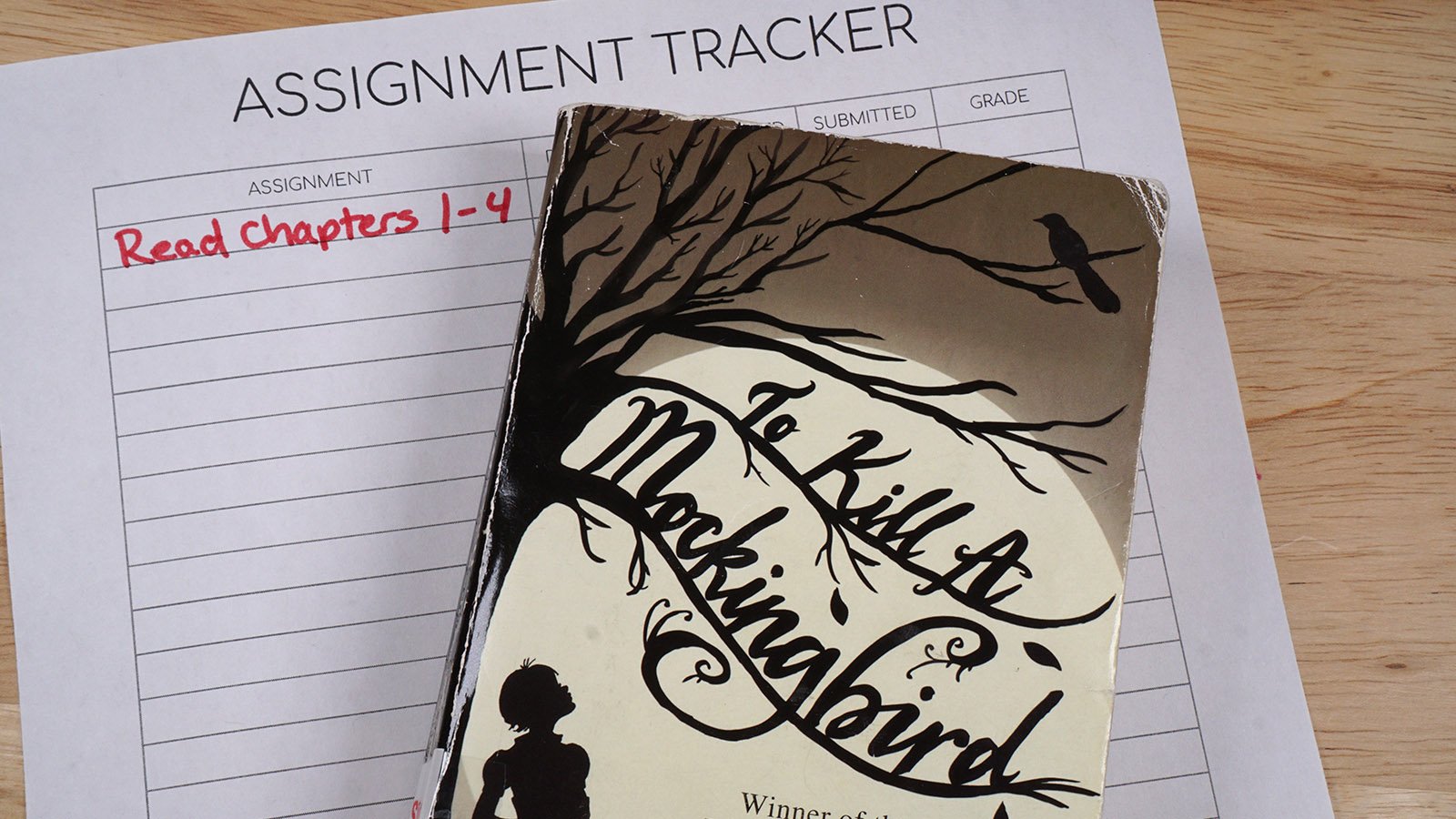In today’s fast-paced world, it’s natural that what once was seen as essential now may seem a bit out of touch. There are various skills that baby boomers excelled in and which are becoming less and less relevant in today’s tech-driven world.
Manually Balancing a Checkbook

As online transactions become increasingly prevalent, the act of writing checks has seen a sharp decline. Now, you can completely manage your books directly through your online banking system or a variety of online tools. However, regularly reviewing statements by comparing personal records with monthly bank statements remains a valuable exercise in financial literacy.
Using a Dictionary

The physical dictionary was once a staple of every bookshelf but now faces obsolescence in the digital age. These weighty books, costly to produce and cumbersome to update, are gradually being supplanted by their online counterparts.
Reading a Paper Map

In an era dominated by digital navigation tools like Google Maps and Waze, the traditional paper map has become obsolete. Now, GPS technology provides real-time updates and navigation. While paper maps once served as the primary means of navigation, their reliance on physical storage and limited information compared to digital alternatives makes them impractical in today’s world.
Changing Your Oil

Boomers find satisfaction in do-it-yourself or DIY car maintenance. However, the younger generation relies on professionals and advanced technology. While understanding basic car care can prevent major issues, the convenience of professional service often outweighs the time and effort required for DIY tasks.
Using a Landline

For many Boomers, the days of landline phones hold a special place in their hearts. Back then, conversations traveled through physical wires rather than wireless signals. For Gen Z, the experience of waiting eagerly for a turn on the household phone, with its distinctive spiral cord stretching into the next room, may remain foreign. In the present day, over 310 million smartphone users exist in the U.S. This indicates the heavy reliance on smartphones as landlines are slowly becoming outdated.
Using Library Card Catalog

In the past, libraries depended on card catalogs to organize their collection. They used to navigate the books using the Dewey Decimal System. However, digital databases have rendered this system obsolete. The efficiency of online searches surpasses the laborious process of card catalog usage.
Writing Letters

In the digital era, the art of writing letters has become a rarity. With instant messaging and email dominating communication, the traditional practice of penning letters feels outdated and time-consuming. The convenience of digital communication has made letter-writing a nostalgic pastime rather than a practical means of correspondence.
Using a Phone Book

With the widespread availability of online directories and digital contacts, the once most-often used phone book has become a thing of the past. Now, with instant access to information, the idea of flipping through pages to locate a contact is tedious and inefficient. In the era where smartphones provide immediate results, the use of phone books has become antiquated and unnecessary.
Ironing Clothes

With the availability of wrinkle-resistant fabrics and convenient laundry services, the need for ironing clothes has declined significantly. Modern alternatives such as wrinkle-release sprays and steamers offer quicker and easier solutions to removing wrinkles. This has made the traditional ironing process seem outdated and time-consuming.
Shorthand Writing

Once a valuable skill for rapid note-taking, shorthand writing has disappeared in the digital age. With the advent of digital recording devices and voice-to-text technology, learning shorthand symbols seems unnecessary.
Using a Compass

While compasses were once essential tools for navigation, their requirement is not much in today’s digital world. With smartphones equipped with GPS technology, the need for manual navigation tools like the compass has diminished. While compasses remain useful for outdoor enthusiasts and emergencies, they have become less relevant in everyday life.
Maintaining a Resume

In today’s dynamic job market, traditional resumes struggle to capture the fluidity of skills and accomplishments. With the rise of online professional platforms like LinkedIn, employers increasingly rely on digital profiles to evaluate candidates. The static nature of written resumes makes them less effective in conveying a candidate’s professional trajectory and capabilities. As the job market continues to evolve, the interactive online representation of one’s profile becomes important.
Writing on a Typewriter

For millennials and Gen Z, the notion of typing on a typewriter may seem outdated. In the world of quick edits and digital storage, typewriters can feel slow and inefficient. Every keystroke is permanent, lacking the luxury of a backspace or delete button. Moreover, managing physical papers can be cumbersome compared to digital files. Despite these drawbacks, typewriters offer a nostalgic charm. It also provides a distraction-free writing experience, which some may still appreciate.
Traditional Grammar

In the evolving landscape, traditional grammar rules are shifting. The influence of technology, from cell phones to emojis, has reshaped communication styles. Additionally, inclusive language practices, like using gender-neutral pronouns like “they/them” are gaining traction. While these changes may challenge grammar purists, they reflect the dynamic nature of language and its adaptation to modern communication mediums.
Repairing a VHS Tape

A VHS tape may appear archaic in the digital media era. With streaming platforms and digital media prevailing, the need for tape repair is rare. The process itself involves intricate splicing and cassette manipulation. It is time-consuming and requires special equipment. Plus, finding a functional VCR to play the repaired tape adds another layer of difficulty, making the skill largely irrelevant.
Dial-Up Internet Navigation

Before high-speed internet, dial-up was the standard for accessing the web. Its slow, noisy connection process is a relic of the past. Today’s technology offers lightning-fast internet speeds, making dial-up navigation a distant memory for most.
Driving a Shift Stick

Manual transmission, once a common skill, is fading as automatic options become prevalent. Many millennials or Gen Z have never learned to drive a shift stick. While less necessary today, manual transmission proficiency can be useful in emergencies or driving abroad.
Reading and Writing in Cursive

Cursive writing was once a staple in education. Its importance has decreased with digital communication. Since 2010, U.S. schools no longer include cursive as a part of the education system’s Common Core standards. However, cursive remains relevant in some contexts. It aids in spatial and graphic learning, enhances motor skills, and fosters cognitive development. Though less common, cursive writing retains its value for personal expression, creative projects, and historical documents.


